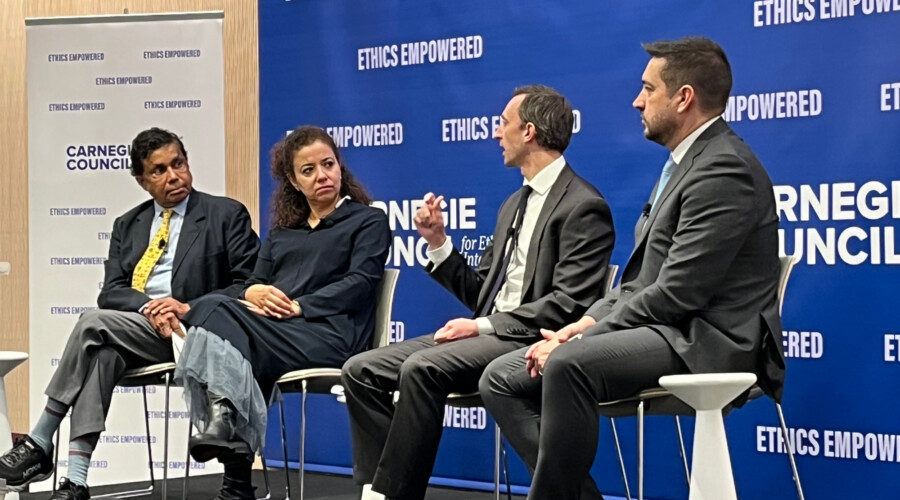Governments have a moral responsibility to protect their citizens. How far does that extend? Is a "kill list" justified?
Anwar al-Awlaki is an American citizen, hiding in Yemen, and allegedly affiliated with al-Qaeda. A radical cleric, who advocates a religious duty to attack the U.S., he is believed to be actively plotting terrorism.
The Obama administration authorized Mr. Awlaki's killing by the CIA, probably by drone aircraft.
In conventional war, enemies are geographically based and their soldiers wear uniforms.
In guerilla war, there is a geographic location but the enemy soldiers may blend in with civilians.
When combatants are not states, not geographically defined, anyone can be an enemy soldier.
Governments have a moral responsibility to protect their citizens, if possible. How far does that extend?
In The New York Times, a U.S. counterterrorism official said, "If we need to stop dangerous terrorists who hide in remote parts of the world, inaccessible to U.S. troops, law enforcement or any central government, what do you do—cover your ears and wait for a truly devastating explosion in Times Square?"
On the other hand, Vicki Divoll, a former CIA lawyer, argues that some judicial process is necessary and that the mantra should be to "avoid mistakes." The airport lists for no-fly are a cautionary tale.
So, who ends up on a kill list? Should Mr. Awlaki?
What do you think? Do you wait for a crime to be committed? Is advocacy a crime? Does an American citizen get constitutional protection? What about others' nationals? Finally, what process legitimates a decision and how do you avoid deadly mistakes?
For more information see:
Scott Shane, "U.S. Approval of Killing of Cleric Causes Unease," The New York Times, May 13, 2010


